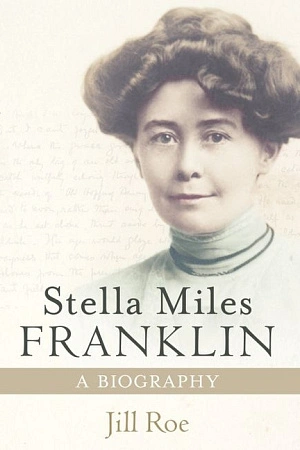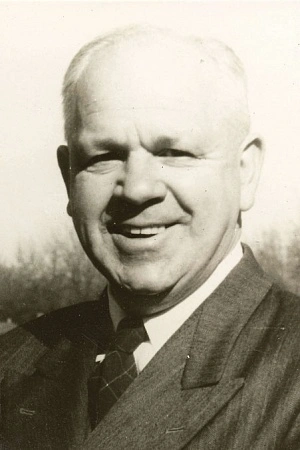Everyone's a critic
‘We place on paper without hesitation a tissue of flatteries, to which in society we could not give utterance, for our lives, without either blushing or laughing outright,’ wrote Edgar Allan Poe in 1846. His title was ‘The Literati of New York City’; his topic was the discrepancy, as he saw it, between the critics’ private opinions of books and the polite reviews of them that appeared in print. Literary criticism in New York in the middle of the nineteenth century, Poe argued, was essentially corrupt: a matter of back-scratching, currying favour, and chasing after influence, power, and money.
But then, Poe in 1846 was a youngish man of extreme opinions, and he was better known by his contemporaries not for the Gothic fictions most closely associated with his name today, but rather by a nickname that queasily acknowledged his own reviewing style: ‘Tomahawk Man’.
Continue reading for only $10 per month.
Subscribe and gain full access to Australian Book Review.
Already a subscriber? Sign in.
If you need assistance, feel free to contact us.













Comment (1)
Leave a comment
If you are an ABR subscriber, you will need to sign in to post a comment.
If you have forgotten your sign in details, or if you receive an error message when trying to submit your comment, please email your comment (and the name of the article to which it relates) to ABR Comments. We will review your comment and, subject to approval, we will post it under your name.
Please note that all comments must be approved by ABR and comply with our Terms & Conditions.